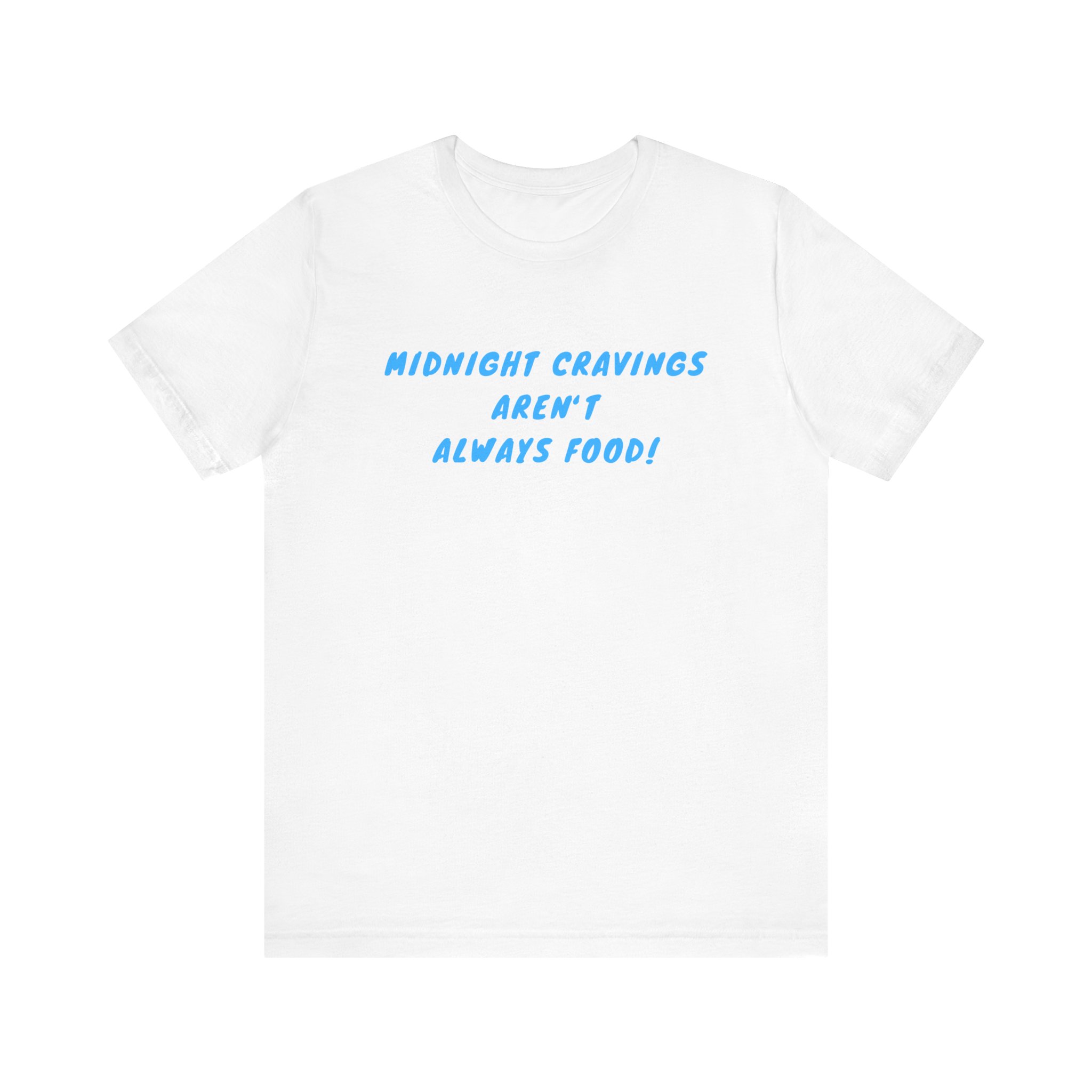When we last saw Miss Lucie she was in a dismal state. Stripped and thrashed by Miss Bulstrode and the other Wardens in front of the very girls she had abused, she had then been marched out of Hazely Reformatory and left to fend for herself. Writhing in pain, burning with humiliation, she had dragged herself to the bus stop, her only thought being to get home, back to the flat she shared with Kim.
It was not a comfortable journey. Miss Lucie's legs and buttocks seemed to be on fire; but the worst pain of all was between her legs, where the cruellest strokes of Miss Bulstrode's riding crop had landed. There was no position in which Miss Lucie could get comfortable. Her clothes hurt; the pressure of the seats hurt; the slightest movement hurt her. She longed to tear off her clothes and minister some salve to her stripes: but until she got home, that was impossible.
So she sat hunched up on the back seat of the bus, locked in her misery.
Several times, on the bus and on the train, concerned passengers asked what the matter was. But all she could do was to shake her head, and, like a wounded animal, withdraw deeper into her suffering.
Nor did her misery end when she finally reached the sanctuary of her flat. For instead of being able to abandon herself to the tender ministrations of Kim, she found that her flatmate had a client: an overnight client, who had just paid a large sum of money to enjoy twelve hours of vigorous sexual activity.
So instead of sleeping with Kim in their double bed, Miss Lucie was obliged to spend a very uncomfortable night on the sofa, kept awake by the pains in her body and the grunts and cries issuing from the bedroom.
Well, as you sow so you reap. Miss Lucie surely deserves everything she gets, and it's hard to have any sympathy for her. If anything she's got off lightly all considered. Probably she deserves another thrashing or two, if not a spell of her own inside Hazely. Because she's not a nice person. She's vicious, sadistic, perverted, interested only in her own sexual pleasure. In a word: evil.
But no-one is born evil. People become what they are because of their life experiences. And with this in mind, when I decided to continue with the Reformatory Girls series, it was Miss Lucie who intrigued me most. I wanted to explore her background, and look at the forces and experiences that led her to Hazely.
So the next few chapters are about Rebecca Lucie. But a word of warning: In order to understand Miss Lucie fully, I've gone back into not only her childhood, but also that of her mother. And so, whilst there is a lot of sex in the following chapters, I've also taken a bit of time, in the first half of this chapter, to set the scene and establish the background. And, instead of just depicting one sex act after another, I've tried to embed the sex in a story which I hope contains engaging characters and interesting situations.
Finally, since there is a prohibition against depicting sex between persons under the age of 18, this means that whatever sex Miss Lucie or her mother may have engaged in before that age has to be left to the imagination.
*****
On one occasion, in the early days of their relationship, Kim Starkey had made some passing reference to Rebecca's mother, and been surprised by the vehemence of her partner's retort:
"My mother was the biggest whore in England."
Kim, who knows the subject of Rebecca's family is a bit of a no-go area, understands that Rebecca has no love for her mother, but dismisses the remark as hyperbole. What she does not know is that there are grounds for thinking it may be quite literally true.
Angela Lucie, Rebecca's mother, was born of humble stock. Her parents ran a greengrocer's, and from an early age she was steeped in the life of the shop. Almost before she could read she had learned the language of trade: of prices and profit-margins, of discounts and value and mark-up. She was a bright child, with wide, adorable eyes and a winsome manner: she could, claimed her mother, charm the birds off the trees. Very soon her parents saw what an asset she was in the shop: customers loved her, and asked after her when she wasn't there; and before long she was helping out after school and on Saturdays. Angela, for her part, loved the world of the shop: the banter with customers, the way they flattered and petted her, the sense that she was grown up enough to be contributing to the family business.
Initially one of her parents, or her elder brother Noel, would always be present. But as she entered her teenage years, and her brother, who was twelve years older than her, left home, her parents began sometimes to trust her to look after the shop on her own. On one such day a woman came in all tearful: her purse had been stolen, she had no money and no food to give to her little boy: please could Angela let have some food? Angela had never seen the woman before, but moved by her plight she gave her some fruit and vegetables. She thought she had done the right thing - but when her father returned he was furious. It turned out that the woman had form for such antics, and that her sob story was entirely bogus. Her father ended his tirade against his daughter with a warning:
"Never give anything away for free again."
It was a lesson Angela took to heart; and one that would stay with her throughout her life.
As she matured, and the boyfriend-and-girlfriend games in the schoolyard took on a more serious cast, it struck her that the mating game was just another kind of trade. Girls and boys had different value in one another's eyes. Boys would make offerings, whether material, in the form of gifts, or personal, in order to win favours from the girls. No-one acknowledged that it was all one vast marketplace, with everyone doing their best to increase their value and secure the best deal: but to Angela, schooled in the ways of trade, it was obvious. And when boys tried to court her, phrases she had picked up at home came to aid her: 'Shop around for the best price'; 'the more someone wants something the more they will pay'; 'never sell yourself too cheap'. She cast a rather contemptuous eye over the girls who yielded too easily; by now she herself had become a beautiful young woman, small and curvaceous, with luscious, raven-black hair and green come-to-bed eyes that drew boys to her like moths to a flame. She knew her own worth: there was no danger of her selling herself too cheap.
By the time she had reached the age of eighteen it was no longer the birds that she was charming but the men. And so skilful was she at extracting payments that few of her admirers even realised that whatever they hoped for from Angela had to be paid for. A lift home in a car might get someone a kiss; a gift of a necklace or a bracelet might be rewarded with a handjob; a new dress might win for the donor the privilege of seeing Angela strip down to her underwear as she changed: possibly even a feel of her tits. Otherwise, when a boy tried it on, tried, maybe, to slide his hand up her skirt, she would gently but firmly remove his hand and, using one of her father's favourite phrases, tell him: "'Nothing is for nothing."
All this was part and parcel of the flirting, the unacknowledged trading, that went on between boy and girl. No-one would have called Angela a tart. She had not crossed the line by taking hard cash for sex.
Angela's parents kept an allotment, where they grew vegetables for sale in the shop. Angela had spent many happy hours there as a child, and still helped out from time to time. The other allotment holders were a friendly bunch - always ready to trade seeds and advice. One afternoon Angela arrived on her bicycle, intending to pick some peas and runner beans: as she dismounted a man hailed her from a nearby plot: an old, retired man named Joe, who won many show prizes with his carrots and leeks.












